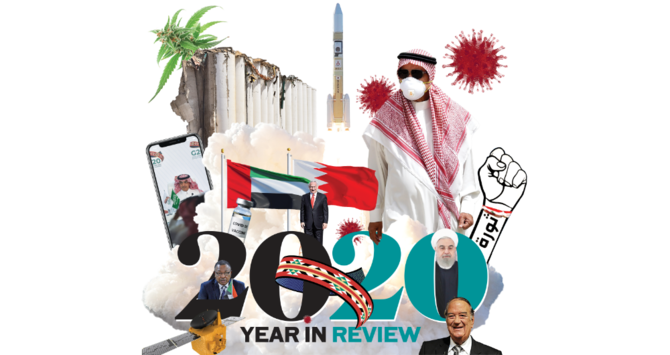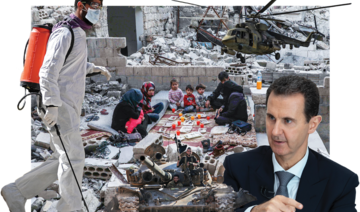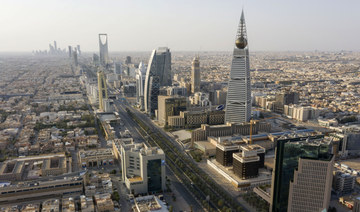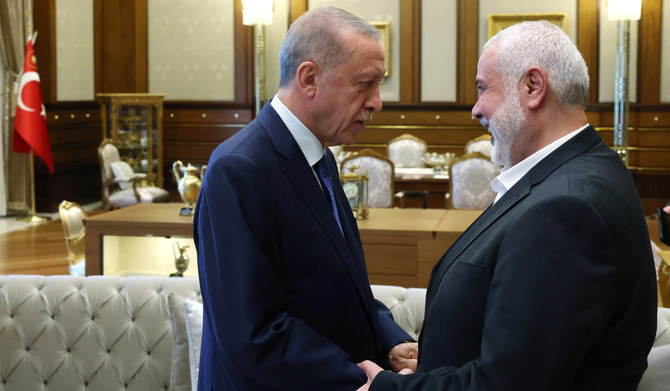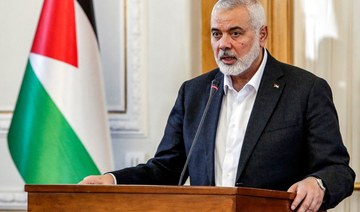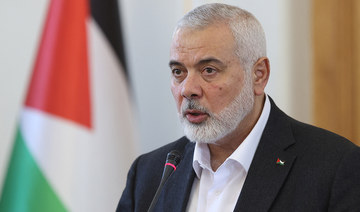JANUARY
Qassem Soleimani killed in US drone strike
Just days into the new year, the Gulf appeared to be on the brink of all out war. Iran’s General Qassem Soleimani — commander of the Islamic Revolutionary Guard Corps (IRGC)’s extraterritorial Quds Force — was eliminated in a US drone strike near Baghdad airport on Jan. 3. Iran retaliated with a barrage of ballistic missiles targeting US bases in Iraq. In the process, Iran accidentally shot down a Ukranian commercial jet, killing all 176 passengers and crew on board. The confrontation followed months of tit-for-tat exchanges since the US withdrew from the Iran nuclear deal in May 2018 and reimposed sanctions on Tehran. (Image credit: AFP)
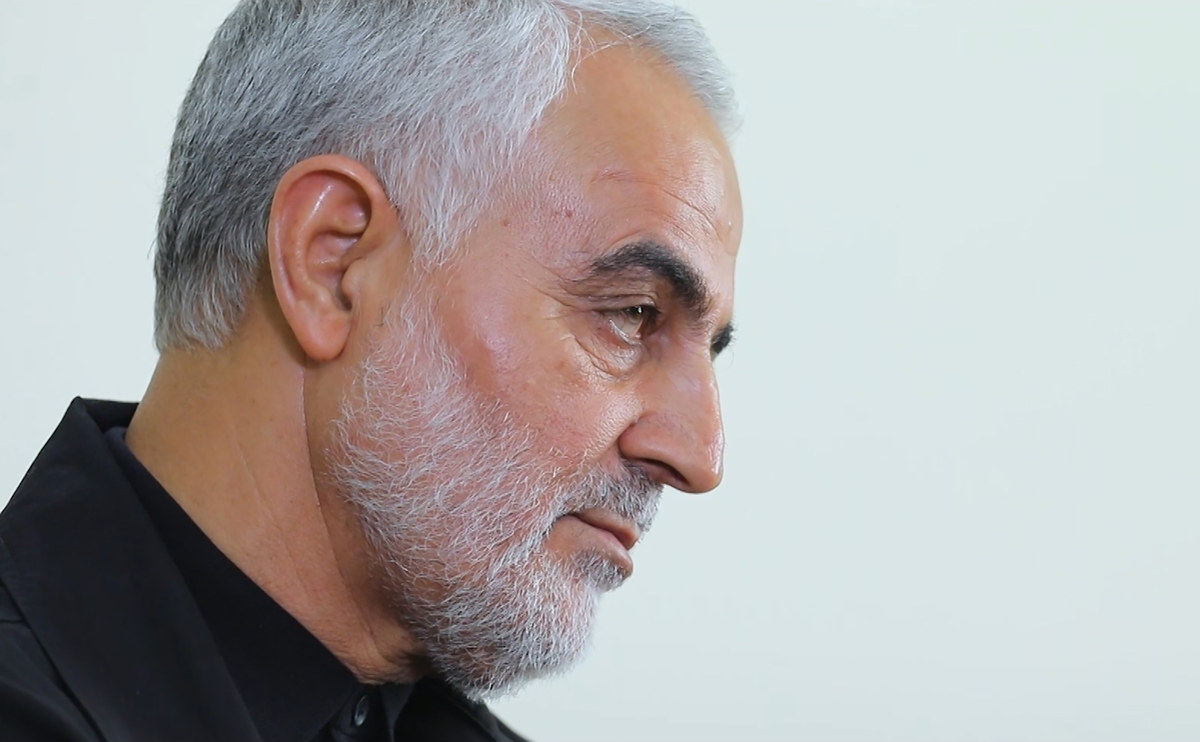
FEBRUARY
Coronavirus pandemic hits the Middle East
The Middle East and North Africa were not spared the ravages of COVID-19, with communities enduring the same medical, economic and mental health challenges felt across the globe. GCC countries quickly suspended international flights, devastating the region’s leisure and hospitality sectors. Religious tourism was not exempt, disappointing millions of pilgrims. Face masks, sanitizers and social distancing quickly became the norm, while job losses, school closures and a shift to online shopping and remote work radically changed daily life. Meanwhile, in the region’s conflict zones, the pandemic further hampered humanitarian interventions, making life even harder for millions of displaced families. (Image credit: SPA)

MARCH
Houthi missiles continue to target KSA
Spring arrived with more violence on the Arabian Peninsula, when Saudi Arabia intercepted three ballistic missiles fired from Yemen by the Iran-backed Houthi militias. Two civilians suffered minor injuries caused by falling debris in Riyadh, while another missile was shot down over the southern city of Jazan. It was the first major assault on Saudi Arabia since the devastating twin strikes on Saudi oil installations in September 2019. John Abizaid, the US ambassador to Saudi Arabia, condemned the targeting of cities, while GCC Secretary-General Dr. Naif bin Falah Al-Hajraf said the “terrorist attack” had not only targeted Saudi Arabia but the collective security and stability of the Gulf. (Image credit: AFP)
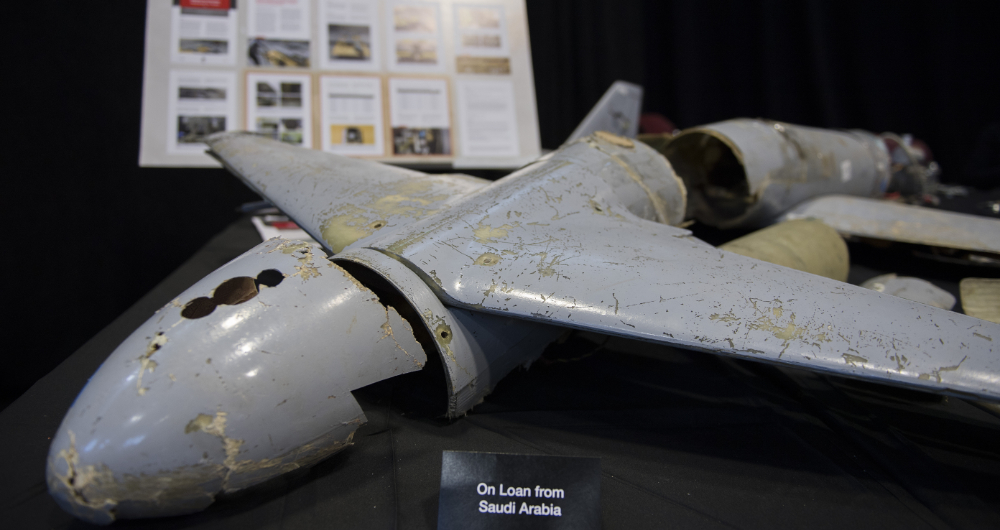
APRIL
Lebanon legalizes cannabis for medicinal use
Lebanon became the first Arab country to pass a law legalizing cannabis cultivation for medicinal and commercial use. Lebanon had previously outlawed the growth, sale and consumption of cannabis, rejecting attempts to legalize its production. Attitudes began to shift after US consultancy firm McKinsey touted the legalization of cannabis in a study on how the government could revitalize the economy. In 2018, the UN Office on Drugs and Crime (UNODC) ranked Lebanon among the world’s top five cannabis producers. In 2019, Raed Khoury, Lebanon’s then-minister of economy, said medicinal marijuana exports could generate up to $1 billion in annual revenues. (Image credit: AFP)
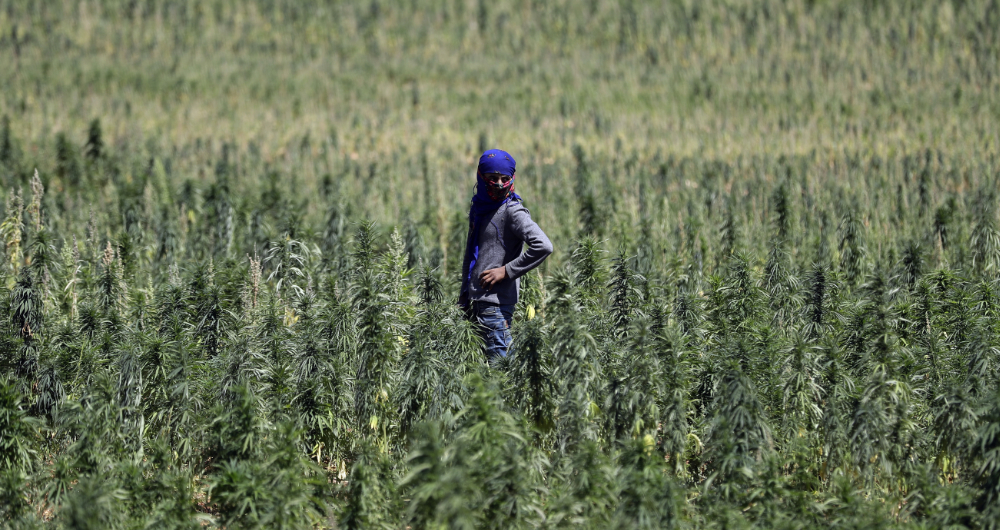
MAY
Veteran Egyptian actor and comedian Hassan Hosny dies
Hassan Hosny, actor, comedian and veteran of Egyptian cinema, died on May 30 at the age of 88 following a heart attack. His career in theater, film and comedy spanned over 50 years, earning him the affectionate nickname of the “Joker” of Egyptian cinema. Born in Cairo in 1931, the young actor discovered his love of the stage while at school before becoming a regular performer in the military’s theatrical group in the 1960s. He went on to star in countless films and TV shows, including “Nasser 56” and “El Nazer,” receiving several prestigious awards. He was laid to rest in the Hosny family cemetery outside Cairo. (Image credit: Social Media/Instagram)
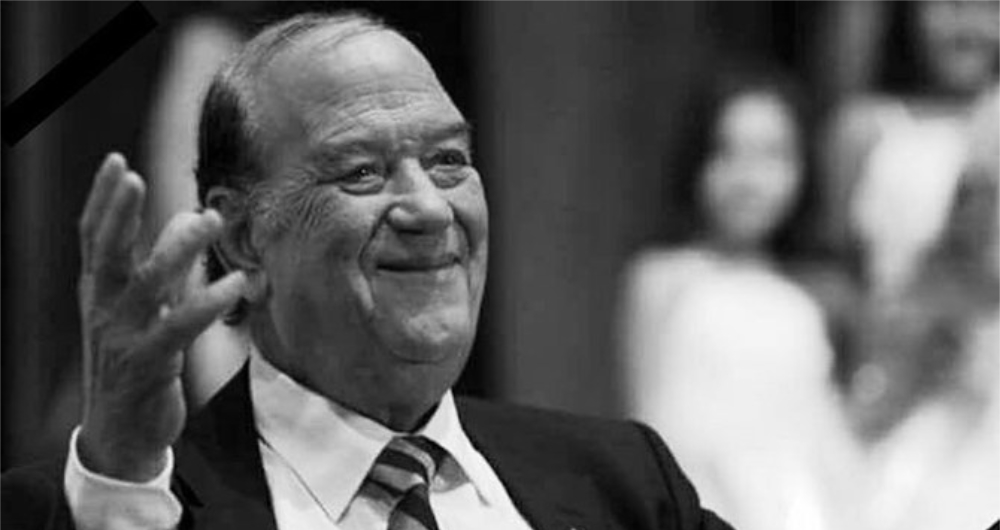
JUNE
Explosions and fires break out in Iran
Still reeling from the killing of Soleimani in January and wrestling with one of the worst COVID-19 outbreaks in the region, Iran entered the summer of 2020 with a rash of suspicious explosions at its nuclear enrichment facilities, missile sites, petrochemical centers, power plants and medical clinics. A blast at the Parchin military complex east of Tehran was downplayed by state media as a gas storage incident. Later, fires broke out at a power station in Ahvaz and at the Natanz nuclear facility and 19 people died in an explosion at a clinic in northern Tehran. The cause of the blasts remains unclear to date. (Image credit: Reuters)
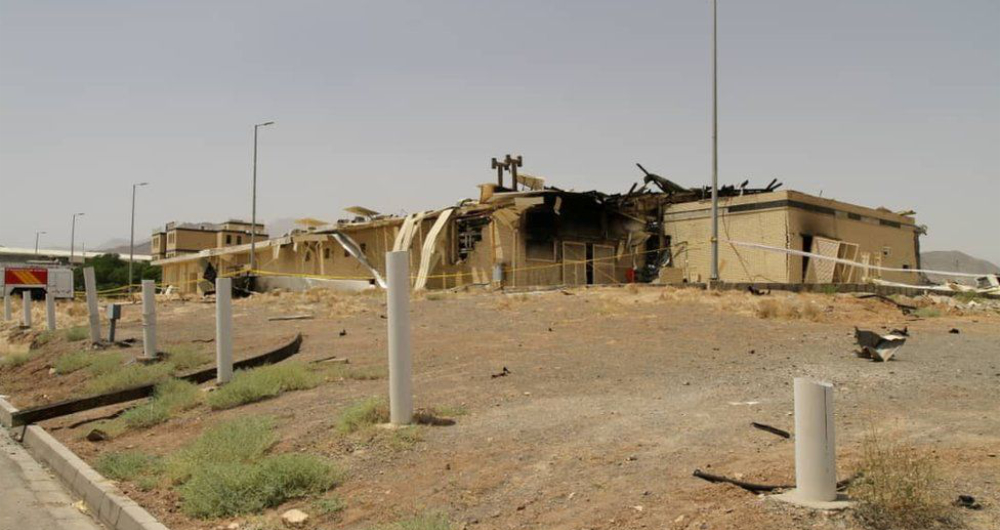
JULY
UAE successfully launches Mars mission
Midsummer heralded a remarkable achievement: the first unmanned Arab space mission to Mars. At 21:58 UTC on July 19, the Emirates Mars Mission launched its probe “Hope” from the Tanegashima Space Centre in Japan. It is scheduled to arrive in orbit around the Red Planet in February 2021 to coincide with the UAE’s 50th anniversary, where it will study Martian weather cycles and atmospheric events. A team of experts at the Mohammed bin Rashid Space Center in Dubai is supervising the probe's seven-month voyage. (Image credit: AFP)
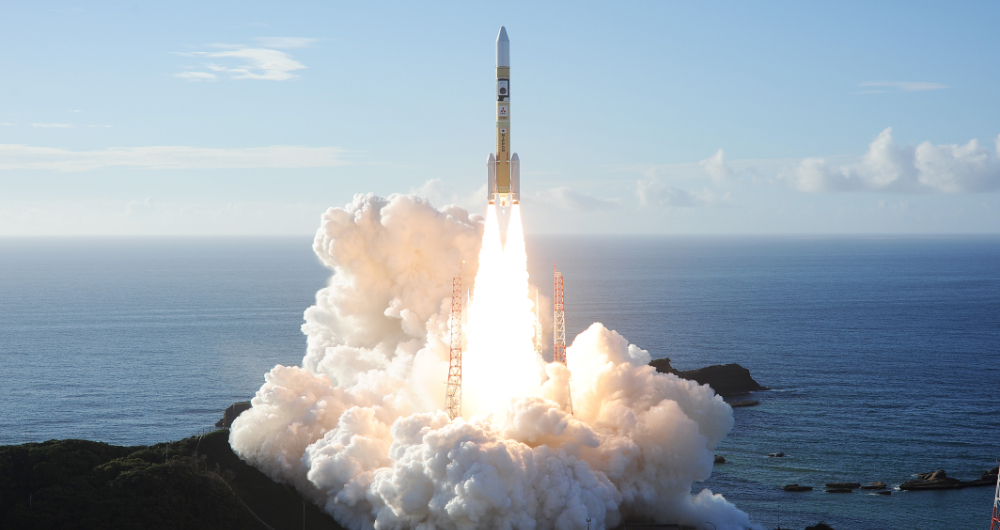
AUGUST
Port blast compounds Lebanon’s misery
Tragedy struck Lebanon’s capital Beirut on Aug. 4 when a massive explosion ripped through its port area. The blast, caused when tons of improperly stored ammonium nitrate caught fire, sent a gigantic shockwave tearing through the city. The explosion was so massive it was reportedly heard as far away as in Cyprus. More than 200 people were killed and over 6,000 injured, while thousands more lost their homes and businesses. The country was already embroiled in a banking crisis, social unrest, sectarian rivalries and the coronavirus outbreak. (Image credit: AFP)
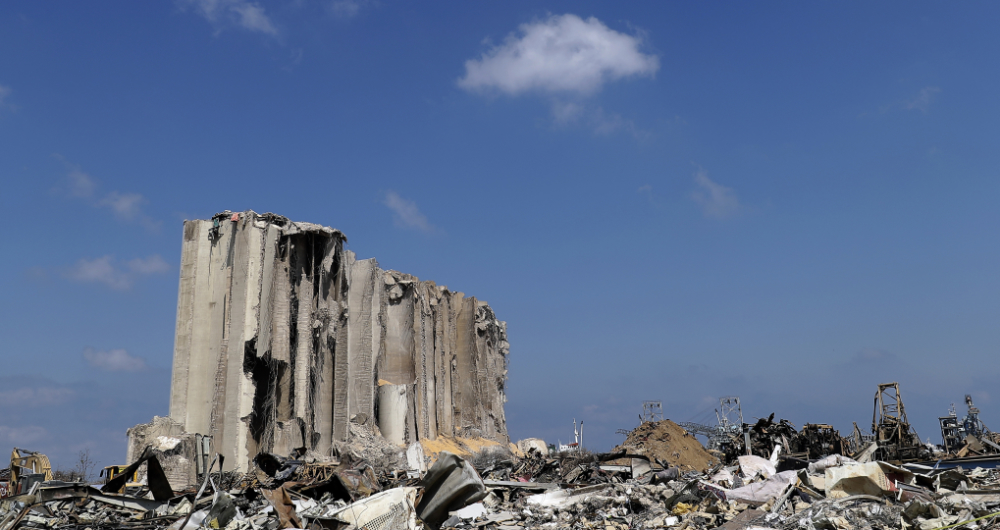
SEPTEMBER
UAE-Israel agreement sets in motion peace deals
With the onset of autumn came the news that Israel and the UAE had normalized relations in a watershed deal brokered by the US known as the Abraham Accords. Similar deals quickly followed with Bahrain and Sudan. The first ever commercial flights between Tel Aviv and Abu Dhabi were established and an Israeli delegation landed in Abu Dhabi to finalize the pact. The Accords were hailed by the US administration as a historic breakthrough. The Palestinian leadership meanwhile branded the normalization a “betrayal” of its cause to establish an independent state based on the 1967 borders with its capital in Jerusalem. (Image credit: AFP)

OCTOBER
Sudan eyes end to war with rebel groups
The government of Sudan signed a peace agreement with 10 of the country’s rebel opposition groups, potentially ending 17 years of ethnic strife and civil war. Representatives signed the agreement following year-long talks at a ceremony in the South Sudanese capital Juba. The deal covered issues from land ownership, reparations and compensation, to wealth, power sharing and the return of refugees. Following the deal, Sudan’s Prime Minister Abdalla Hamdok welcomed rebel leaders to the capital Khartoum, where crowds celebrated the end of hostilities. (Image credit: AFP)
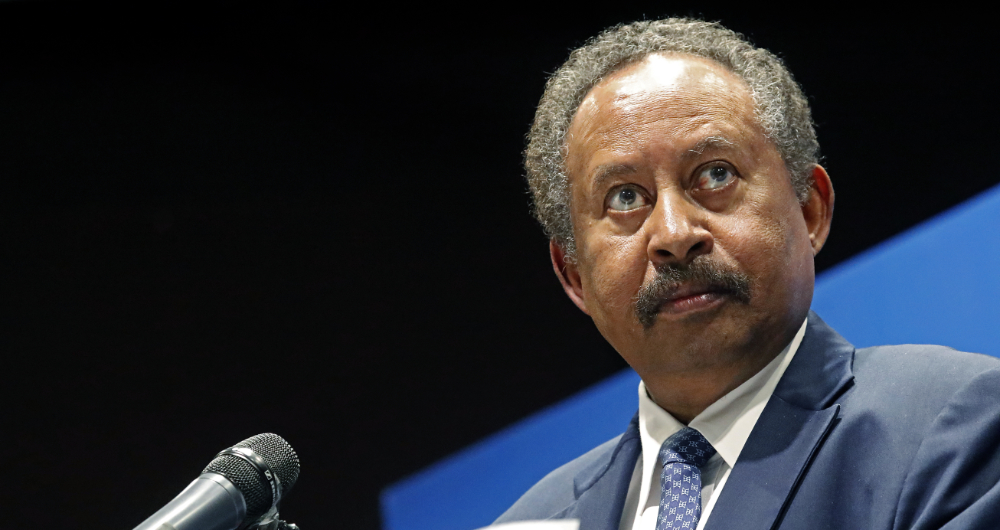
NOVEMBER
Riyadh hosts virtual G20 Summit of leaders
Owing to COVID-19 travel restrictions, this year’s G20 Summit took place virtually for the first time in its history. Under Saudi Arabia’s presidency, the two-day summit hosted by Riyadh laid the foundations for a more inclusive, resilient, and sustainable recovery from the coronavirus pandemic. The conference also explored collective responses to environmental protection, urban planning, women’s empowerment and technological change. The theme of this year’s presidency was “Realizing Opportunities of the 21st Century for All.” In his closing remarks to summit delegates, Saudi Arabia’s King Salman said: “Due to its unique stature regionally and internationally … the Kingdom will continue to play a key role within the G20 to achieve global cooperation and find solutions to the world’s most pressing challenges.” (Image credit: AFP)
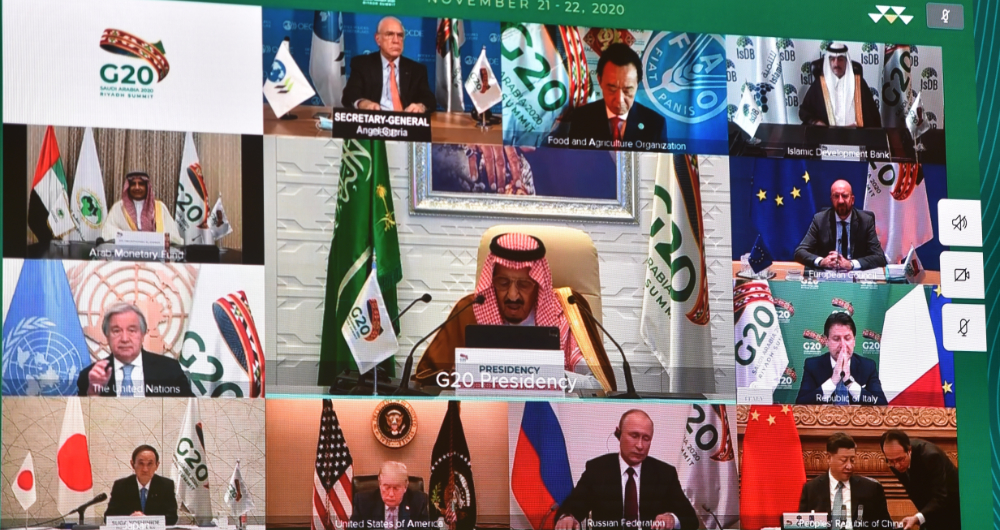
DECEMBER
Iran executes journalist as it struggles under sanctions
The year concluded on a dark note with the execution of activist-journalist Ruhollah Zam by the Iranian state a little more than a year after authorities tricked him into traveling to Iraq where he was abducted. Zam’s work helped inspire nationwide protests against economic injustice in 2017 as Tehran struggled under the weight of US sanctions. The 47-year-old, who had lived in Paris, is among several opposition figures seized by Iranian operatives in recent months while based overseas. His execution comes as Iran seeks to pressure France and other European powers into salvaging the nuclear deal in the waning days of the Trump administration. (Image credit: AFP)
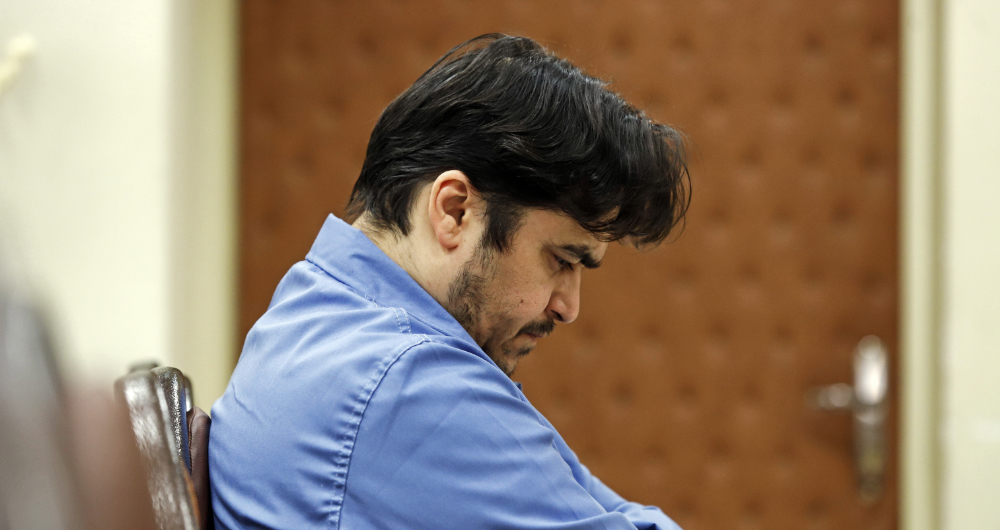
Twitter: @CalineMalek



